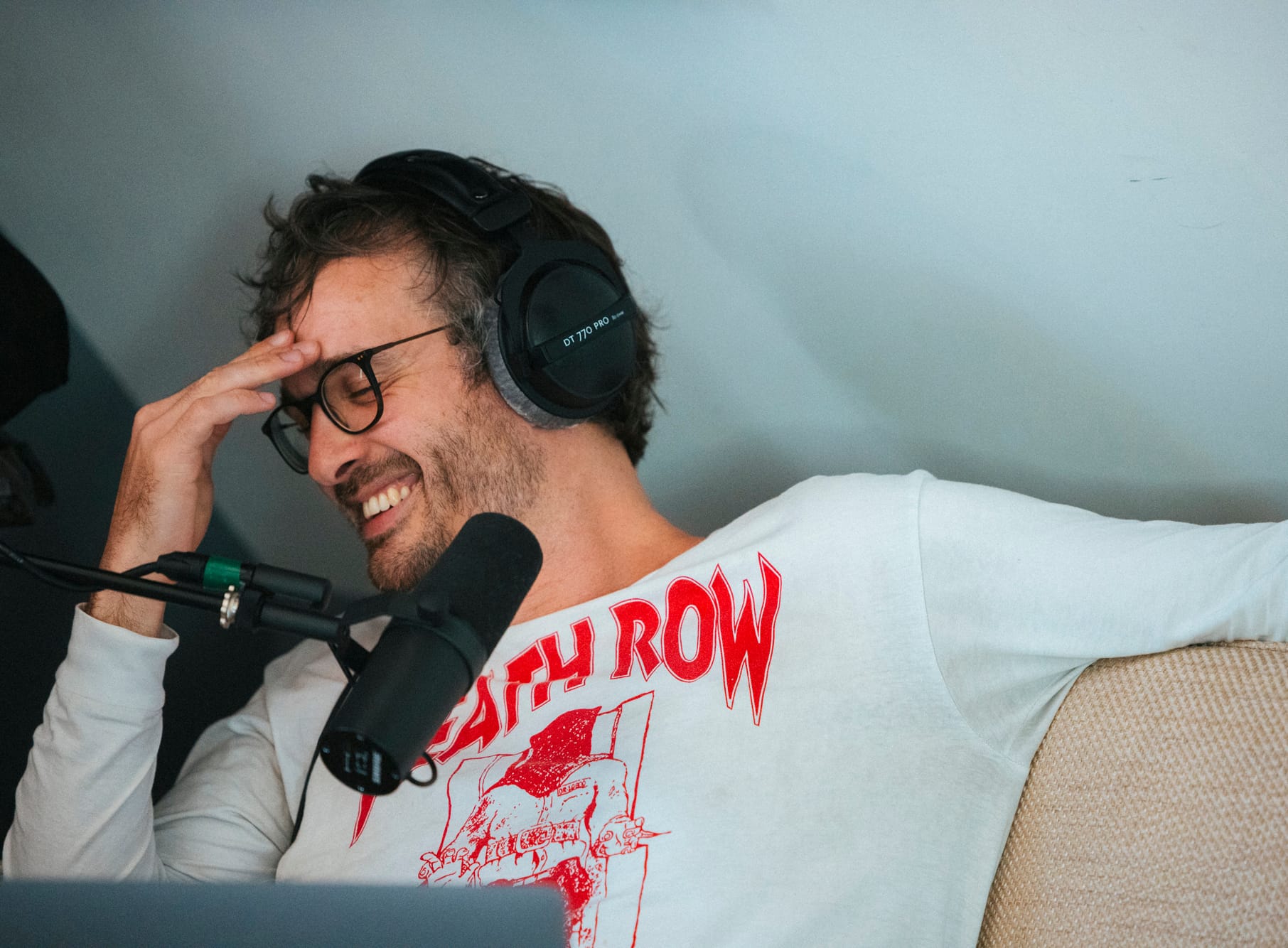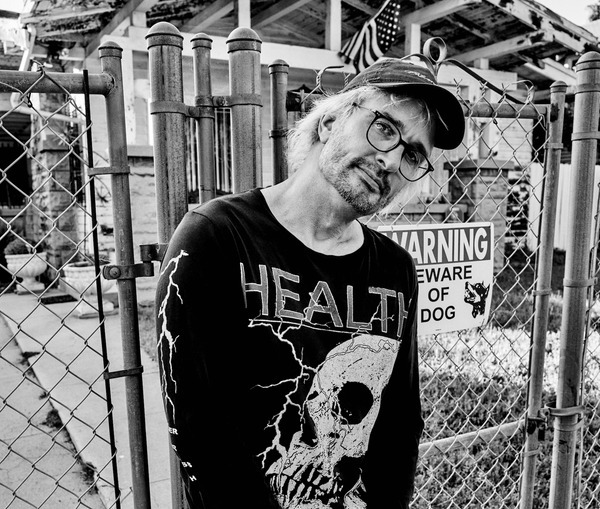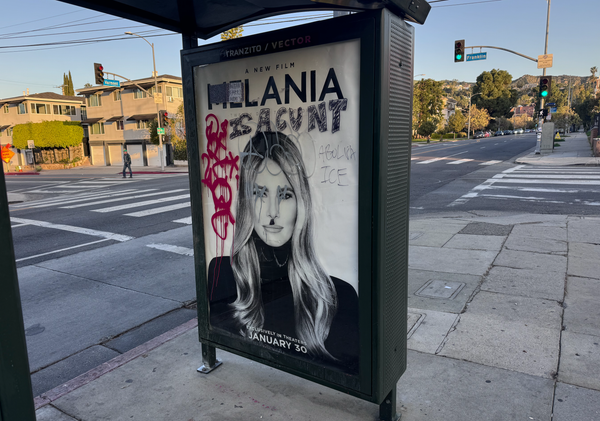Building Trust in Investigative Journalism
Some of my stories see me interviewing "victims" of something horrible. This is my approach to respectively telling their stories.
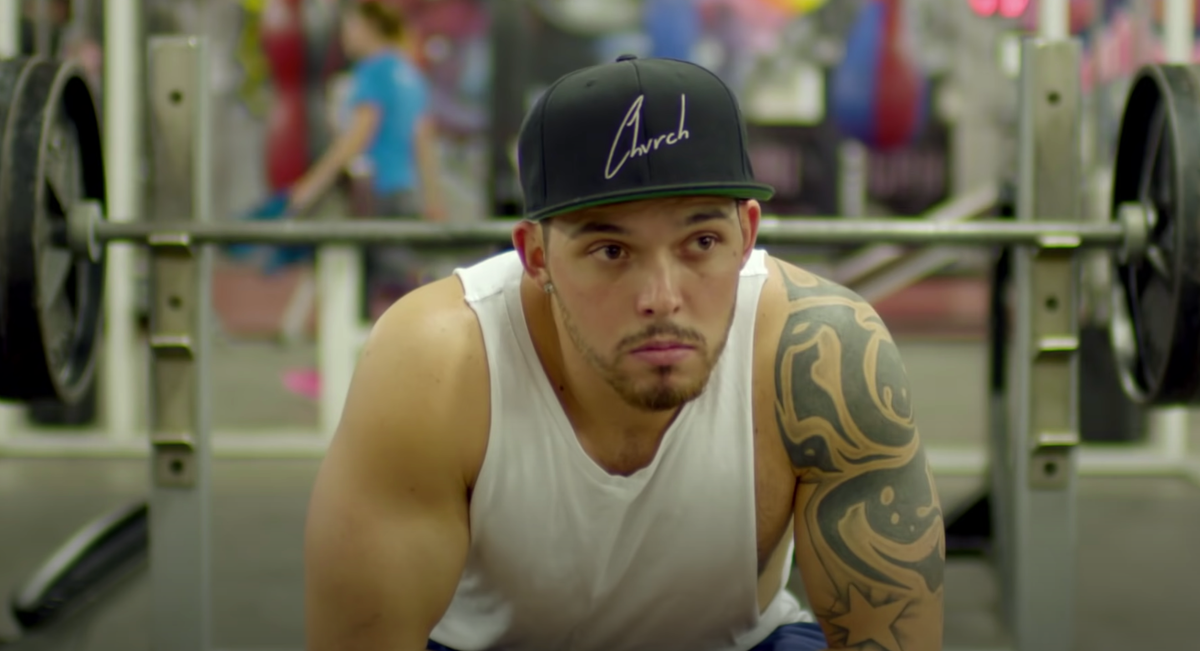
Hi,
The ‘Deranged Bitch’ hoodies and tees have almost sold out! Thank you! There are only a few left in a few sizes. Once they’re all tallied up, I’ll let you know how much is going to Rainbow Youth and the Planned Parenthood Relief Fund.
It’s been a weird week. For one thing, monkeys are trying to steal babies in Japan:
“People in a southwestern Japanese city have come under attack from monkeys that are trying to snatch babies, biting and clawing at flesh, and sneaking into nursery schools.”
The photos are terrifying.
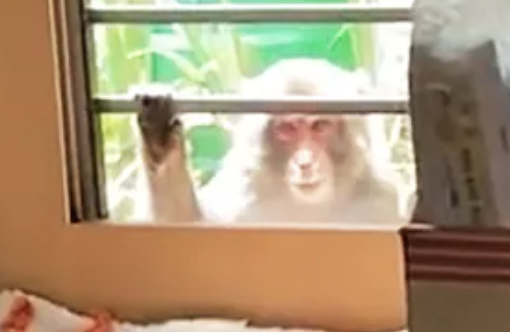
Alex Jones’ damages case has also begun — a case that will decide how much he must pay the family of six-year-old Jesse Lewis, who was killed in the Sandy Hook school shooting. Despite the revisionist history Jones has attempted to paint since, he terrorised families of Sandy Hook victims, popularising the conspiracy theory there was no mass shooting and everyone was a crisis actor.
I’m in touch with Jones’ ex-wife, Kelly, who is now incredibly outspoken against her former husband — and his role in the January 6 riots. I hope to bring you more on that, soon.
As for today, I’ve been mulling this over for the last month, and my thoughts still aren’t fully formed — but I wanted to write a few things down about how I report on stories where people are terrified to come forward.
I’m doing this for two reasons:
- To perhaps help anyone starting out in investigative journalism.
- To clear up how I work, a little.
- To speak directly to those thinking of approaching me about a story, who have questions about privacy and where their information might end up.
I hope it makes my approach a little clearer, and might provide a few ‘tips’ for people new to the field of journalism and documentary.
Let’s get into it.
Back when people wanted to talk to me.
When I started in journalism back in 2005 (after graduating with a communications degree majoring in journalism), I did what I’d call ‘very shallow entertainment reporting’. I interviewed movie stars who wanted to promote a film, and musicians who had gigs they needed to sell tickets to.
And I loved it. For a time.
I felt lucky, in that I got to sit down with people I admired — Christian Bale and Leonardo DiCaprio; Metallica, Lorde and Robyn; To borrow Karl Pilkington’s words, “the googly-eyed freak” from The Office.
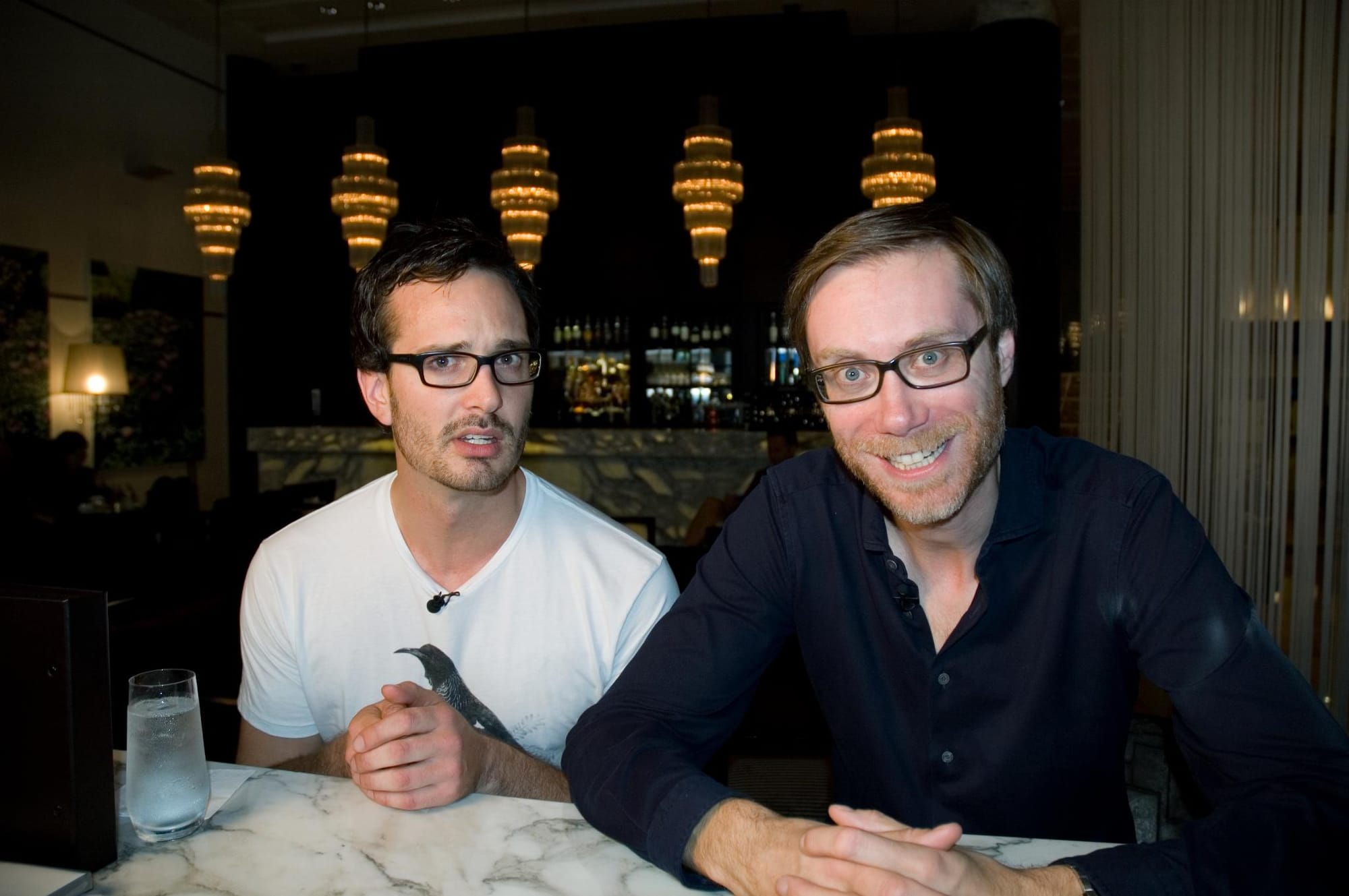
What all those people had in common is that they wanted to talk to me. They had movies to promote; concert tickets to sell. There were no questions about where the information would go, how it would be used, or if they’d get sued for talking to me.
Entertainment journalism is one thing. Investigative work is something else entirely.
Then when people didn’t want to talk to me.
In 2014, I started working on Tickled with Dylan Reeve. What had began as a series of blogs morphed into an investigative documentary about a New York recluse and con man called David D’Amato.
This saw a giant change in my work, and how I had to approach it.
This was the first ‘story’ I’d encountered where I realised I needed people to talk to me who didn’t want to talk to me.
These people fell into two camps: ‘victims’ and ‘bullies’.
Victims didn’t want to talk, because they were scared. Football player TJ was a victim. He was terrified of talking, because he thought the tickle mafia would come after him.

Bullies on the other hand don’t want to talk because they are afraid of being outed. David D’Amato was in this camp in Tickled, as was Kevin Clarke and Marko Realmonte.
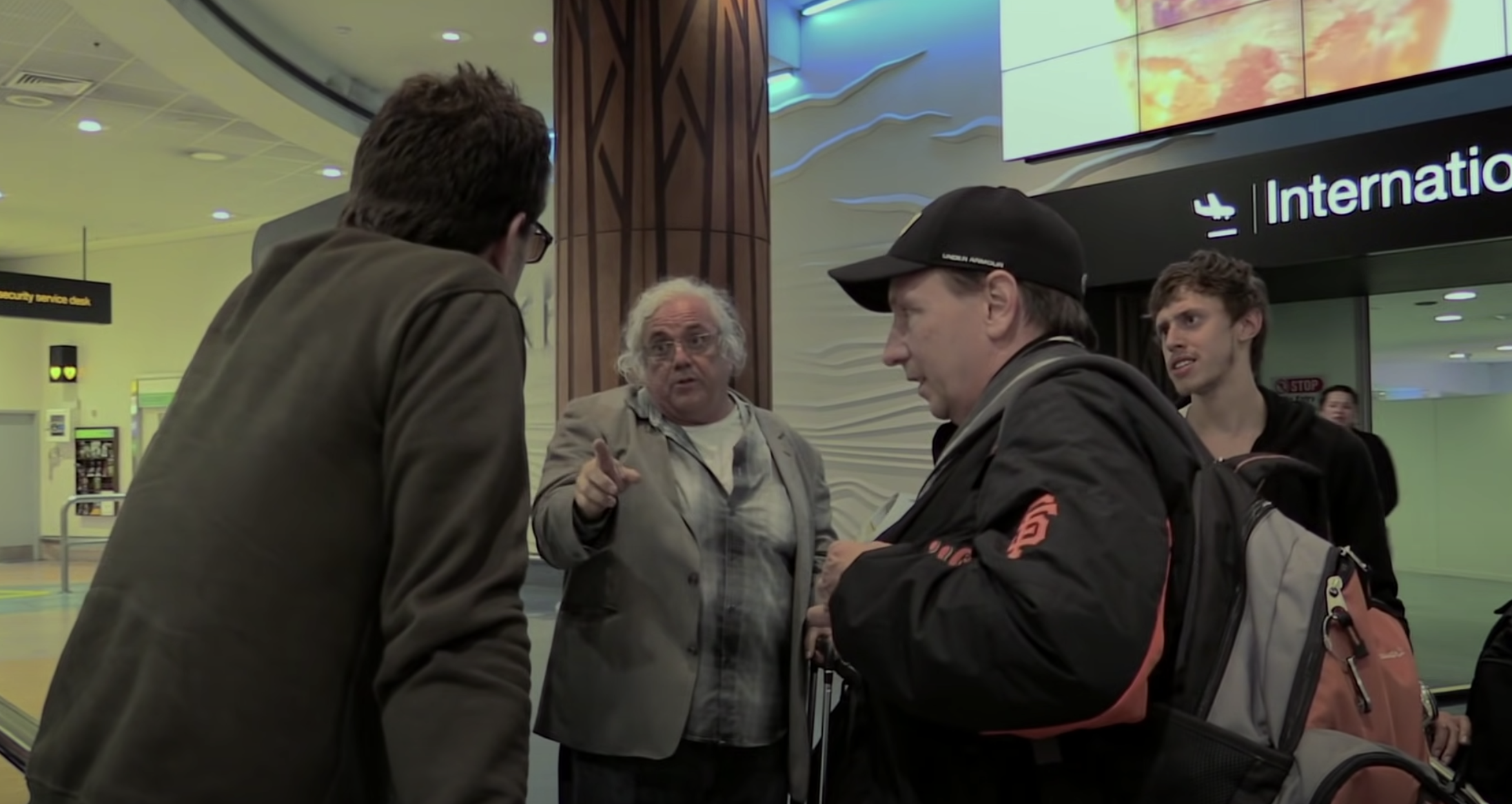
So — how do you work with people who don’t want to talk?
Bullies.
While bullies are the most dangerous — from a physical safety and litigious perspective — they are the easiest.
And not really the focus of who I want to talk about in this newsletter.
Putting it bluntly — you just need to get them talking, on the record. You need to get some kind of response.
The pretentious way I view my “job” (in documentary and Webworm, specifically) is to hold the powerful to account. For this reason, I spent very little time worrying about the feelings of bullies. About .5%.
My goal is to reveal truths about them, and what they have done .
My approach to getting “bullies” to talk:
Email is bad.
Avoid contacting them through email, because emails can be ignored. They are a last resort. Chances are, you will leave with nothing — and alert them to the fact you’re working on a story about them.
DMs on social media are slightly better.
A DM to someone’s Instagram account is better, as humans have very warped ideas around social media — and sometimes they might bite. Add them as a friend first, as it’s more likely they will notice your message. With social media you also have the chance of getting a “read receipt”, so at least you know when they’re ignoring you — and that fact alone can be used in a story to make a point.
Phonecalls are even better.
Phonecalls are good: It is possible to hold someone on the phone for longer than you imagine. Plus a hangup says a lot. A hangup is a lot more valuable than an unanswered email.
Check privacy laws for your country. In New Zealand, you can legally record a phonecall if the other person doesn’t know — as it’s a one-party system. If one person knows things are being recorded (i.e. YOU) it’s legal to record.
This is not the case in LA where it is a two-party system: You have to ask permission to record the call — and it’s illegal to record even if you don’t use it. Of course asking permission means you probably won’t get permission — so in this case, do it in person.
Ethically it’s a whole other question — again, it comes down to how you feel about bullies and getting to the heart of the matter.
In-person interactions are the best, by far, every time.
Obviously they’re the most dangerous, but if you get someone in front of you, you get so much more information. It may not be in what they say to you, but seeing them avoid talking can be just as telling. Do it in a public place so you can’t be trespassed. This is also safer.
Again, check local laws. A sidewalk in LA is different to a sidewalk in Aotearoa.
The main thing about all this — be safe. Be on safe legal ground, and be safe physically. If you approach someone in person, take a buddy if you need to. Have Find-A-Friend enabled with someone you trust.
Plan things… but be ready to pivot. Don’t get locked into things too much. As we are all learning from Nathan Fielder’s The Rehearsal, planning things can only get you so far.
My approach to getting “victims” to talk:
This is more what I wanted to talk about today, because I think it’s misunderstood by loads of people.
This is partly because historically, victims are often treated like shit by the ‘media’. This is shown oh-so-clearly in the newsroom “death knock”, where a reporter is sent to knock on the door of someone who’s suffered a loss of some kind.
The idea is that the interaction is filmed from the street (i.e. a public place) as the reporter shocks someone with some awful news (“I am here because your whole family has been killed in a helicopter crash”) — which elicits tears and emotion and a reaction which makes for “good TV”.
This is a bullheaded example of how victims can be treated, or imagine they’ll be treated (and with good reason) by some journalists.
The other thing that can happen is that journalists may just need a quote from someone to insert into a story they’re writing. They call a victim, or email them — and sort of demand they talk to them for a story. The victim is left in the cold about how it will be used, and is often in shock that they’re suddenly being recorded for a story that might be out that very night on the 6pm news, today’s website, or tomorrow’s paper.
This is all pretty gross and explains why so many people are so reluctant to talk to journalists. Why should they? It puts them in danger as they have no control over how the story will be told, or what the headline will say. Sometimes a story can be fair, but a headline will paint an entirely different, misleading image.
Plus the story will exist forever. News is no longer yesterday’s fish and chip paper — it’s online, forever.
So — no wonder people are afraid to talk. They should be. But it doesn’t have to be like that. It shouldn’t be. That is the opposite of how I operate Webworm.
Okay — so here is how I see it.
There Are No Victims.
First off, don’t refer to ‘victims’ as ‘victims’. Look — I have been doing it this whole time… but because I’ve been talking in generalities.
But when you are talking to someone who has been victimised — don’t refer to them as a victim. They’ve already been victimised: You don’t need to double down and tell them their identity is now “victim”.
They are a fully-formed person with a million traits that makes them unique. They need to know this. Yes, something shitty happened to them, which is why you want to talk to them. But don’t tell them they’re a victim. This can make things worse.
There Is No Story Yet.
This is the most important thing to tell someone. I am always clear that there is no story yet. Nothing anyone ever tells me needs to go any further.
Because there is this idea that telling a journalist something means the cat is already out of the bag — and that is how many journalists work: They want the quote, they want their story, and they want to move on.
This is not how I work. I explain that anyone who contacts me is completely anonymous and off the record until they ever tell me otherwise.
Because I can’t do my job without knowing what a story is. The most frustrating thing I can hear is (and I hear it often): “You should investigate this person because they are doing awful things. I can’t tell you what those awful things are, because I could get in giant trouble, but you need to investigate it.”
I get it. People are freaked out. But this approach is of no use to me.
What helps is when people get in touch, and tell me what’s going on. From there — together — we can figure out if there is a safe way to tell the story. Or if it remains untold.
Protect Your Source.
Make sure your email is secure: Double factor authentication, passport managers, all that stuff. Make sure your devices are secure, too. No point in having fancy passwords on your email if your phone is passcode free.
If your email is compromised, your source is compromised.
And protect them. Make it clear if they are contacting you about a potentially vengeful company (i.e. Zuru), they should make a burner email account, and send emails from behind a VPN. Remind them not to use their work email. Some people do.
Going over this stuff is a Catch-22: It can scare people more; but it can also reassure them more.
In person meetings can be good, if possible. No paper trail, and it shows you’re putting the work in.
We’re In This Together.
Just to reiterate this point: A story is a collaboration between me and the victim/s. And in this duo, they are always a higher priority than I am.
Make It Clear They Are Not Alone.
Often people are scared to talk because they think they are the only ones talking. That they are alone. I remind people that they will not be telling their story alone.
Even just from a legal perspective, I need more than one source. I need three or more.
I remind people of this. Strength in numbers. In some cases, I even interview people in a group. I get victims (I know I keep using that word, but again, I am talking in generalities) together to meet. To share not only with me for the first time, but each other. Solidarity.
I Talk Through Anonymity Options.
I remind people I don’t need to name them. I can use pseudonyms. Going a step further, I can also paraphrase. If I have three people all telling the same story, I can tell it in the third person. You don’t get much more anonymous than that.
Don’t Go Silent.
I keep in touch with people in-between talking to them and publishing the story. Sometimes you are so wound up in writing the story or editing the documentary you forget to update people. This is a nightmare for them, as they’re left in the dark. Unless they specifically ask you to leave them alone, you can just drop them a simple text or an email. Keeping those you are writing about in the loop is vital.
Keep In Touch After The Story Is Out In The Wild.
Once the story or film or podcast is out in the world, keep in touch with them. Again — check they are OK with this. For me, I might be relieved and happy the story has finally been told. But for the person who’s spoken to you — all sorts will be going through their heads. They may be anonymous, but loved ones may pick them out, or even if no-one knows who they are, just the fact their words have been spoken out loud can be a lot.
Keep in touch. Again: A story is a collaboration between me and the victim. And they’re the priority.
Also — the story you have just published may just be beginning. Once bullies have been outed, more stories will start to flow in. So keep in touch with those you’ve spoken to, as they may end up with more of the story to tell, as they’re contacted by other victims who know them.
That’s what I wanted to say. I hope it’s made my approach to journalism a little clearer.
And I hope it’s clear that if you get in touch with me with information, I am a locked box, until you tell me otherwise.
That is how I treat davidfarrier@protonmail.com.
This is how stories like Lonely Lingerie, Anna Wilding, “Tickled 2”, Arise Church and Zuru began.
Not all journalists take this approach — so if you’re a ‘victim’, proceed with caution. Don’t be scared to quiz a journalist about their approach before you say a word. You are in control here. They need you.
As a victim, make it clear — right up the top — if something is on the record or not. A journalist’s response to this question can say a lot. Remember — as a victim you shouldn’t be the one asking this question in the first place. The journalist should have made it very clear.
If you are a young journalist and reading this for ‘advice’ — use it right. Don’t hawk any of this to get someone to open up, before disregarding or disrespecting the information they gave you.
Victims are more important than the story, always.
Feel free to ask any question in the comments section — I will answer them, and add them to this very newsletter, in a FAQ section I’ll add down the bottom.
David.
PS: In case you missed it, there’s a new episode of Flightless Bird out. In this episode I look into America’s strange obsession with circumcision — a practice that keeps going largely because the medical profession is incentivised to keep doing it.
I interview a doctor who’s performed hundreds of the procedures, a man in this 30s who’s angry it was done to him as a baby, and another man who wants to get an adult circumcision. I also learn about what’s going on with penises in LA’s biggest prison.
My Linktree has all the links for where you can listen. I hope you like it.
